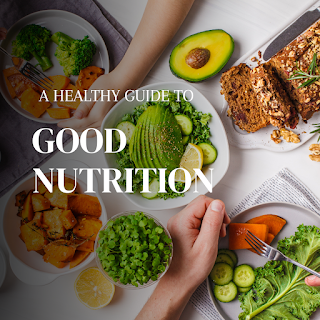Assuming you don't have an excessive amount of loose skin already it is possible to lose weight and keep your skin firm in the process. The idea is to keep your body well hydrated day in and day out. NEVER EVER let yourself become dehydrated. Drink plenty of water throughout the day and NEVER EVER totally eliminate your carbohydrate intake. From my experience, most people who have lost weight too fast by eliminating their carbohydrates ended up with a lot of excess skin afterwards. The whole idea is to lose weight to get healthier and of course to look better with your clothes ON and with your clothes OFF.
Here are some tips:
1. Follow a well-rounded balanced diet.
2. Follow a full body exercise routine alternating with a split routine every 4 weeks. For example, full body routine 4 weeks, split routine 4 weeks, full body routine 4 weeks, and so on.
3. Assuming you don't have stomach ulcers and you are not on blood thinners you should also take ONE TEASPOON of cold arctic cod liver oil ONCE PER DAY with your evening meal.
4. Take 1000-1500mg of lecithin per day. Lecithin has been known to increase the elasticity of the skin.
5. Anything you can do to increase circulation will also help. Skin brushing techniques are very good. Do a search on the internet for skin brushing to get all the info you need. Deep massages are also good.
6. Most importantly if you are more than 75 pounds overweight DO NOT try to lose weight too fast. The more you weigh the easier it will be to lose weight so ease into it slowly so you only lose about 3 pounds per week. Doing this will prevent the sagging skin. If you lose weight too fast you will end up with loose skin 90% of the time.
7. Some people have done weekly body wraps with great success, but it can get messy. You can do this as an option but it's really not necessary. As an option, you can also take a supplement called collagen.
As I stated above, one key to increasing the elasticity of your skin is to keep your body well hydrated. Yes, drinking water will do this. The average person needs at least ½ an ounce of water per pound of body weight. Possibly more depending on the type of exercise you do on a daily basis. The reason why so many people end up with loose skin after losing weight is because they go on low carbohydrate diets that will in turn dehydrate the body. If you lose weight and are dehydrated in the process you will see the weight go down but unfortunately most of the weight being lost is nothing more than water weight. If you are losing 2-3 pounds per week you are doing great. If you are losing 4-6 pounds you are pushing the limit. Any more than 6 pounds per week and you are sure to end up with loose skin after losing the weight because chances are you are restricting too many carbohydrates from your diet. Cutting out refined flours/breads and sugars will yield the best results.
Also, instead of getting on the scale every week to measure your progress, go more by how your clothes are fitting. I always tell my clients to try on the tightest pair of pants they have and then follow my program for 4 weeks and then try them on again. After 4 weeks those tight-fitting pants will be a thing of the past.
Follow all the above and you will see amazing results.

.png)
.png)

.png)
.png)
.png)